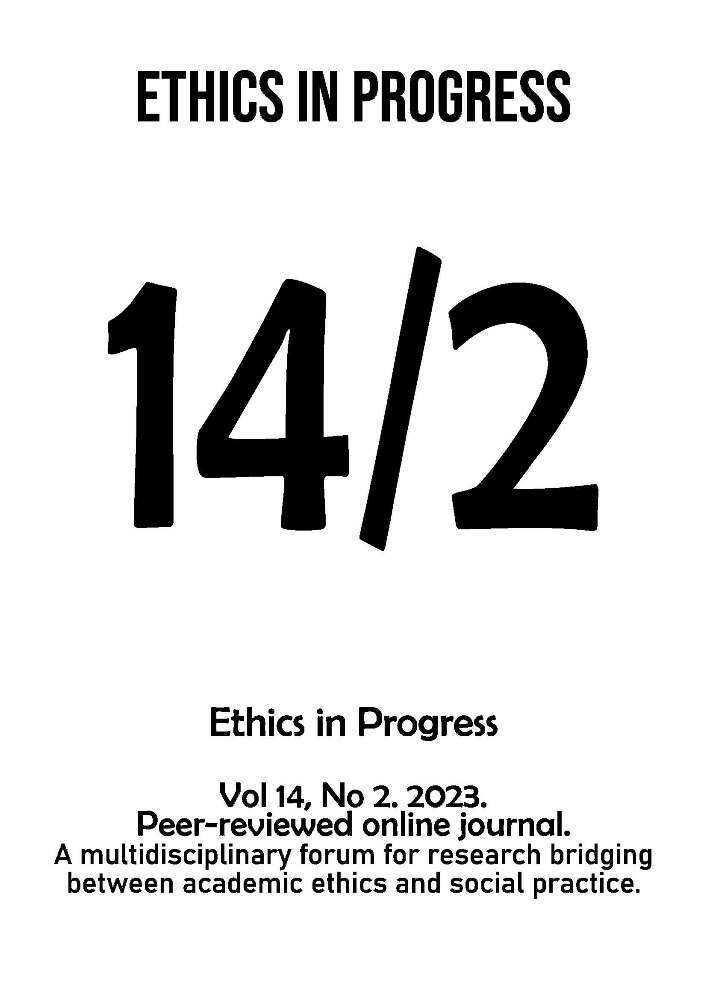Abstract
Finding a niche journal for the submission of an academic paper can sometimes be a challenge for authors, and finding the right choice may involve a series of submissions and rejections. Emails from editors and journals related to the submission or rejection of a paper should be strictly related to these purposes, i.e., to inform authors that their paper has been received, outline the subsequent editorial handling or peer reviewer steps in the former, or the reasons for rejection in the latter. This paper highlights four cases of - in the author’s opinion - the abuse of such emails by COPE member journals and publishers (Emerald Publishing Ltd., Springer Nature, Elsevier, Wiley) to advertise for-profit English revision and editing services and/or conferences, as a way to maximize these emails for a dual purpose, namely to inform authors of submission-related aspects (valid communication) while also trying to obtain clients and thus business for non-submission-related aspects (invalid communication). Since an abuse of email-based communication for non-academic purposes is an ethics-related matter, there is a need for systematic research of this potential abuse of emails from both COPE member and non-member journals.
References
Altulaihan E., Alismail A., Hafizur Rahman M. M., & Ibrahim A. A. 2023. “Email Security Issues, Tools, and Techniques Used in Investigation,” Sustainability 15, Article 10612. DOI: https://doi.org/10.3390/su151310612
Bhardwaj A., Sapra V., Kumar A., Kumar N., & Arthi S. 2020. ”Why Is Phishing Still Successful?” Computer Fraud & Security (9):15-19. DOI: https://doi.org/10.1016/S1361-3723(20)30098-1
COPE Council 2022. Ethics Toolkit for a Successful Editorial Office: A COPE Guide - English.
Dada E. G., Bassi J. S., Chiroma H., Abdulhamid S. M., Adetunmbi A. O., & Ajibuwa O. E. 2019. “Machine Learning for Email Spam Filtering: Review, Approaches and Open Research Problems,” Heliyon 5(6), e01802. DOI: https://doi.org/10.1016/j.heliyon.2019.e01802
Hajarian M., Camilleri M. A., Díaz P., & Aedo I. 2021. “A Taxonomy of Online Marketing Methods,” in M. A. Camilleri (Ed.), Strategic Corporate Communication in the Digital Age (pp. 235-250). Emerald Publishing Limited, Bingley, UK. DOI: https://doi.org/10.1108/978-1-80071-264-520211014
Hartley J. L. & Sawaya W. J. 2019. “Tortoise, Not the Hare: Digital Transformation of Supply Chain Business Processes,” Business Horizons 62(6):707-715. DOI: https://doi.org/10.1016/j.bushor.2019.07.006
Huang M.-H. & Rust R. T. 2022. ”A Framework for Collaborative Artificial Intelligence in Marketing,” Journal of Retailing 98(2):209-223. DOI: https://doi.org/10.1016/j.jretai.2021.03.001
Nair K. & Gupta R. 2021. “Application of AI Technology in Modern Digital Marketing Environment,” World Journal of Entrepreneurship, Management and Sustainable Development 17(3):318-328. DOI: https://doi.org/10.1108/WJEMSD-08-2020-0099
Nishikawa-Pacher A. 2022. “Who Are the 100 Largest Scientific Publishers by Journal Count? A Webscraping Approach,” Journal of Documentation 78(7):450-463. DOI: https://doi.org/10.1108/JD-04-2022-0083
Park S.-Y., Zhang A. X., Murray L. S., & Karger D. R. 2019. “Opportunities for Automating Email Processing: A Need-Finding Study,” in: Proceedings of the 2019 CHI Conference on Human Factors in Computing Systems, May 2019, Glasgow, Scotland (pp. 1-12). Association for Computing Machinery. DOI: https://doi.org/10.1145/3290605.3300604
Paulo M., Miguéis V. L., & Pereira I. 2022. “Leveraging Email Marketing: Using the Subject Line to Anticipate the Open Rate,” Expert Systems with Applications 207, Article 117974. DOI: https://doi.org/10.1016/j.eswa.2022.117974
Pujahari A. & Sisodia D. S. 2019. “Clickbait Detection Using Multiple Categorisation Techniques,” Journal of Information Science 47(1):118-128. DOI: https://doi.org/10.1177/0165551519871822
Rysavy M. D. T., Michalak R., & Daly B. 2021. “Library Marketing: Sending Text Messages and Emails to Online Library Users During COVID-19,” Journal of Library Administration 61(3):358-365. DOI: https://doi.org/10.1080/01930826.2021.1883372
Sergeeva A., Rohles B., Distler V., & Koenig V. 2023. “’We Need a Big Revolution in Email Advertising’: Users’ Perception of Persuasion in Permission-based Advertising Emails,” CHI ‘23: Proceedings of the 2023 CHI Conference on Human Factors in Computing Systems, April 2023, Article 652, pp. 1-21. DOI: https://doi.org/10.1145/3544548.3581163
Teixeira da Silva J. A. 2023. “Junk Science, Junk Journals, and Junk Publishing Management: Risk to Science’s Credibility,” Philosophia 51(3):1701-1704. DOI: https://doi.org/10.1007/s11406-022-00590-0
Teixeira da Silva J. A., Al-Khatib A., Katavić V., & Bornemann-Cimenti H. 2018. “Establishing Sensible and Practical Guidelines for Desk Rejections,” Science and Engineering Ethics 24(4):1347-1365. DOI: https://doi.org/10.1007/s11948-017-9921-3
Teixeira da Silva J. A., Al-Khatib A., & Tsigaris P. 2020. “Spam Emails in Academia: Issues and Costs,” Scientometrics 122(2):1171-1181. DOI: https://doi.org/10.1007/s11192-019-03315-5
Thomas J. S., Chen C., & Iacobucci D. 2022. “Email Marketing as a Tool for Strategic Persuasion,” Journal of Interactive Marketing 57(3):377-392. DOI: https://doi.org/10.1177/10949968221095552
Whittaker S., Bellotti V., & Gwizdka J. 2006. “Email in Personal Information Management,” Communications of the ACM 49(1):68-73. DOI: https://doi.org/10.1145/1107458.1107494
License
Copyright (c) 2023 Jaime A. Teixeira da Silva

This work is licensed under a Creative Commons Attribution-ShareAlike 4.0 International License.





